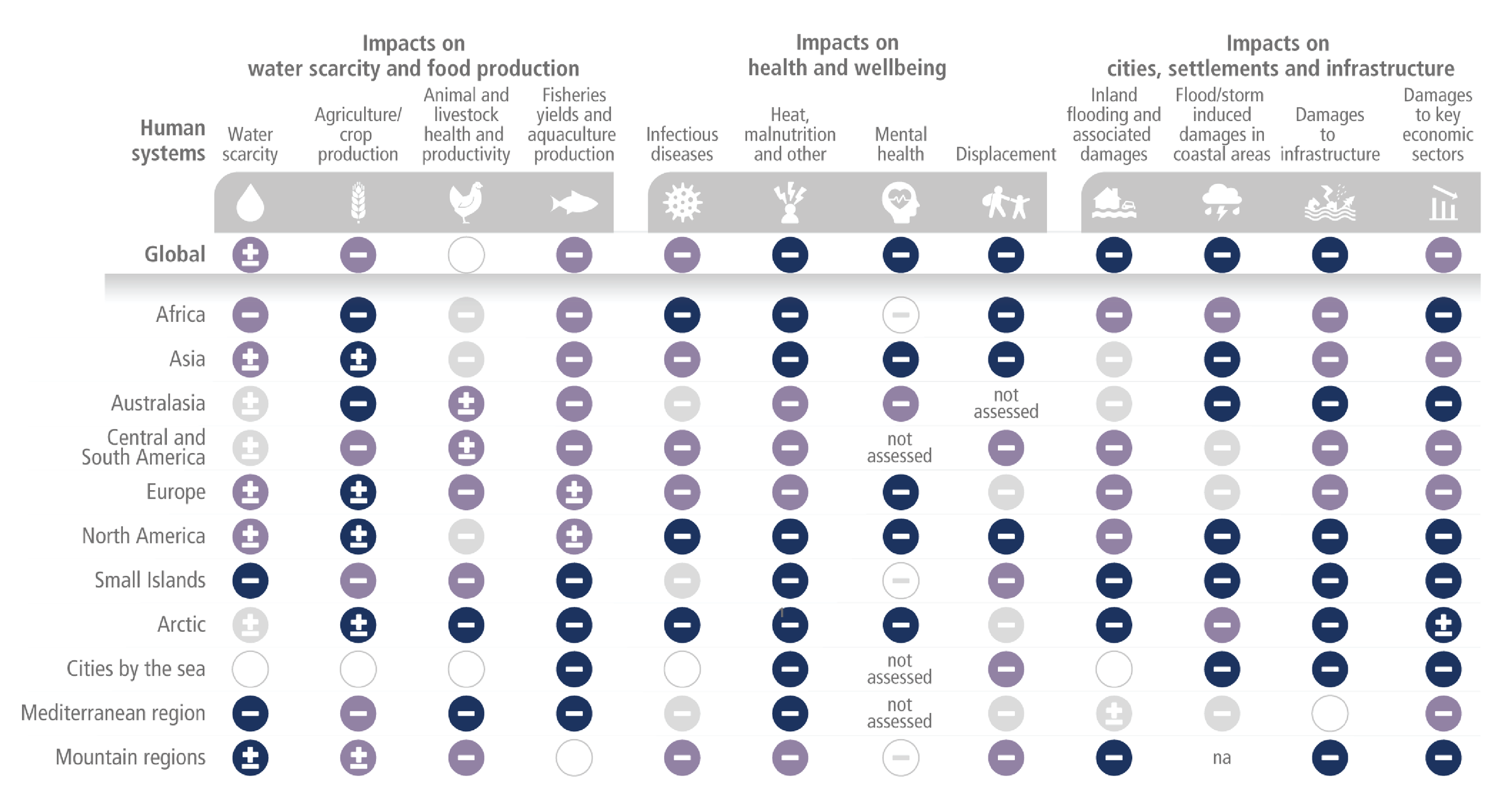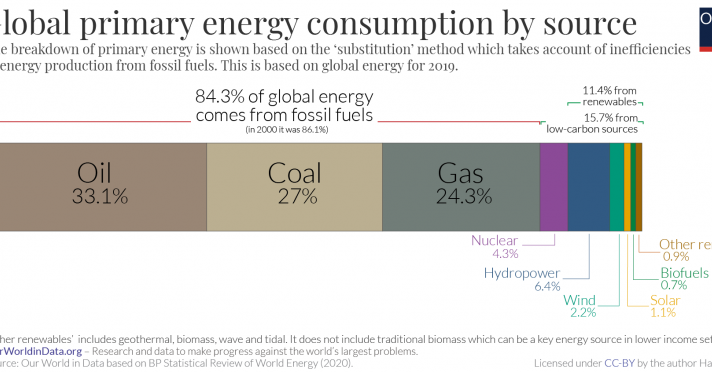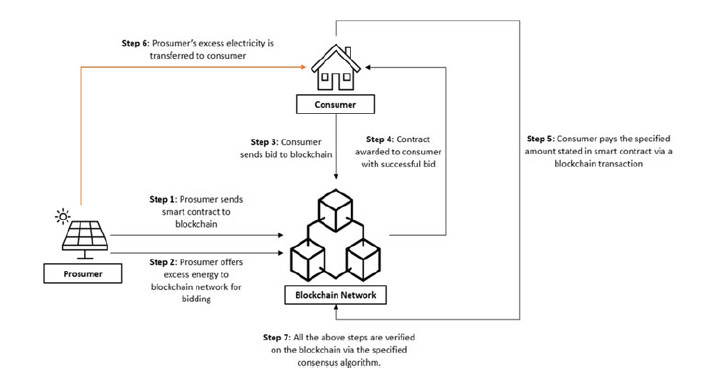Climate change and the need for decarbonisation
There is no doubt that we are currently in the midst of a climate crisis. ‘Once in a hundred-year events’ are happening every other year; from bushfires to floods, unprecedented weather events are wreaking havoc across the globe. According to the ‘Sixth Assessment Report of the Intergovernmental Panel on Climate Change’, climate change, including increases in frequency and intensity of extreme weather events, has led to (amongst other things) disruption in infrastructure (including transportation, water, sanitation and energy systems) as well as marked adverse economic impacts.

Figure 1 - Observed impacts of climate change on human systems (IPCC 2022)
The 2019 IPCC Special Report on the 1.5°C pathway has demanded a radical reduction of fossil fuel generation, stipulating that in order to keep global temperatures from exceeding 1.5°C above pre-Industrial temperatures, CO2 emissions would have to decline by about 45% from 2010 levels by 2030, reaching net zero around 2050. While CO2 emissions decreased in 2020 (due to the COVID-19 forced confinement), emissions rebounded in 2021, returning to almost 2019 emission levels. Based on current trends, we are far from meeting our target emission reductions.

Figure 2 - Global energy consumption 2019 (Our World in Data)
AI, blockchain and energy
Energy production
Despite the pressing need to move away from fossil fuels, the stark reality is that almost 85% of global energy is generated by using those very fuels (accounting for ~40% of all global greenhouse-gas (GHG) emissions). Additionally, between 2010 and 2017, energy production rose by 70%, and is predicted to rise by the same amount by 2050. As such, we must find a way to offset our reliance on fossil fuels while transitioning in a way that does not place an undue burden on global infrastructure.
Energy grids are a network of synchronised power providers and consumers, connected by transmission and distribution lines and operated by control centres. Power generated must equal power consumed at every given moment – a trait which requires complex analytics of data to forecast demand of energy to schedule the generation of the requisite amount of power. Established over the last century, electricity grids have certain inefficiencies, which can lead to a loss of up to 30% of generated power, depending on the country.
AI and the energy sector
A study conducted by Boston Consulting Group has found that using artificial intelligence (AI) can achieve 5% to 10% of the necessary reduction in greenhouse gas emissions, while also providing $1.3 trillion to $2.6 trillion in value generated through additional revenues and cost savings by 2030 (and potentially more savings, if carbon offset prices rise). Specifically, AI can assist in the transition away from fossil fuel reliance by reconfiguring the way in which we design, operate and optimise energy systems.
Utilising machine learning (a process which uses data and algorithms to imitate the way humans learn, using past experiences to improve future accuracy), AI can employ historical data, weather patterns (in the case of renewable energy), consumer demand and market prices to create more accurate forecasts, allowing for more efficient electricity scheduling and longer-term system planning. Additionally, this would be done in real-time, allowing the system to auto-correct anomalies and create a smoother and more interactive energy system. This would lead to a lasting reduction in generated loss, resulting in less required energy production and lessening GHG emissions in the sector.
Blockchain technology
Blockchain operates by creating a trust system between users across a shared network. It is managed by a peer-to-peer (P2P) network, where discrete nodes collectively adhere to a certain protocol (ie. a distributed consensus algorithm) to communicate and validate new blocks. This technology eliminates the need for a central intermediary to validate transactions, saving time and cost, while providing a high level of transparency and security.
Blockchain can be used in the energy sector to provide de-centralised energy trading, smart metering and billing and enhanced grid management. The launch of Ethereum in 2015 allowed for smart contracts to be utilised within blockchain technology, opening the possibility of P2P energy trading. When coupled with AI based prediction, this would allow for energy to be re-distributed on a P2P basis, reducing the amount of energy wastage.

Figure 3 - Blockchain enabled P2P energy redistribution (Intelligent Decarbonisation)
Potential privacy issues
In Australia, privacy issues are primarily regulated by the Privacy Act 1988 (Cth) (Privacy Act), with the key obligations stemming from the 13 Australian Privacy Principles (APPs). The use of blockchain technology and machine learning algorithms to optimise the energy sector raises privacy concerns in of itself.
An example of a tension is the need for AI systems to collect and process data. In order to recognise more sophisticated and detailed patterns to make more informed predictions, an AI system would need to collect as much data about its users as possible. However, APP 3 requires organisations not to collect personal information unless that information is reasonably necessary for one or more of the entity’s functions. That said, given that the data collection would be reasonably necessary for the AI to work, provided the personal information consents obtained were appropriately drafted, we do not consider this would hinder AI being used for the purposes of streamlining energy sector efficiency.
Additionally, the use of AI technology to enable energy sector efficiency, and blockchain technology to enable P2P energy trading, has the risk of revealing a householders’ behaviour patterns, including times of absence from the house. This was an issue raised by the Victorian Government in an article discussing the use of smart metering, but the similar concerns would also apply here.
Conclusion
AI and blockchain technologies offer exciting opportunities to accelerate global decarbonisation. As with the implementation of any technology, prior to deployment, companies will need to undertake privacy and data assessments to ensure they have the correct consents and approvals required to undertake the intended data collection and use. Similarly, consumers adopting such technologies should educate themselves about what data will be collected about them and how it may be used (including considering the potential for misuse) before electing to adopt them.

Visit Smart Counsel
